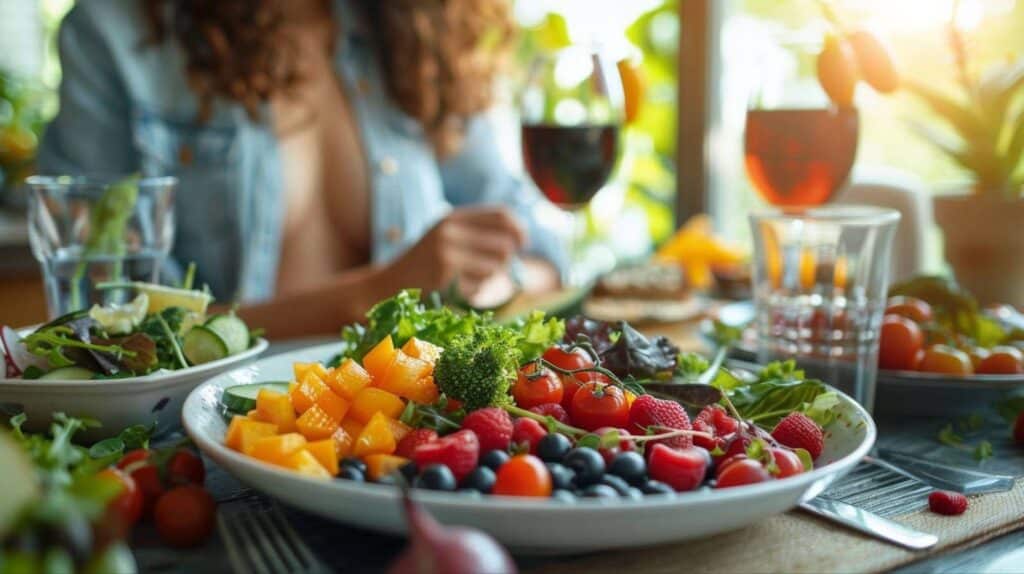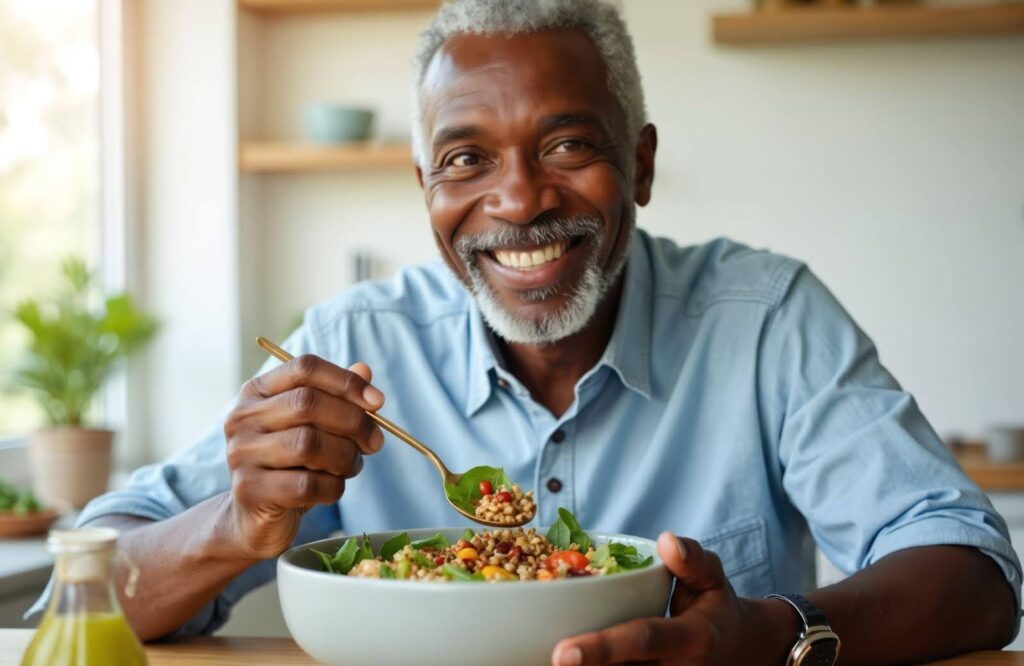You might have a mental list of “good” and “bad” foods, assigning moral values to what you eat. But this rigid thinking can lead to guilt, shame, and unhealthy cycles. Remember, foods aren’t inherently good or bad. Restricting “bad” foods often leads to overindulgence, while focusing solely on “good” foods can create an unhealthy obsession. The key is balance. You can’t thrive on kale alone, just as you shouldn’t feel guilty for enjoying a treat. It’s time to reframe your relationship with food and find a middle ground.
Understanding the Root of Food Guilt
Diet culture has a lot to answer for when it comes to our attitudes about food. It’s created a world where we label foods as “good” or “bad,” and thinness is equated with health. This mindset is fueled by a barrage of rules and misinformation, especially on social media. We’re bombarded by influencers and self-proclaimed “health coaches” who may lack proper training. Even our friends and family contribute with casual comments like “let’s be bad and have cake.” It’s no wonder food guilt is so prevalent!
Tips on How to Overcome Food Guilt
Overcoming food guilt is a journey, but it’s absolutely achievable! Start by bringing awareness to when and why you’re experiencing guilt. There are typically two leading causes: mindless choices and food rules.
Mindless Choices
You might feel guilty if you make a food decision that doesn’t align with your actual wants or needs. This often happens due to external factors like stress, boredom, or distracted eating.
Food Rules
Guilt can also stem from eating foods you’ve labeled as “bad” or “off-limits.” Recognizing these patterns is the first step towards a healthier relationship with food. Ever notice how you feel guilty even when you consciously choose to enjoy a treat? We’ve trained to label foods as “right” or “wrong.” To break this cycle, try keeping a reflective journal. Focus on your feelings before, during, and after eating rather than counting calories.
When you label certain foods as “off-limits,” you’re inadvertently putting them on a pedestal. This idealization can lead to overindulgence and guilt when you finally give in. By letting go of these arbitrary rules, you remove these foods’ power over you. Instead of feeling out of control, you can make mindful choices without guilt. Remember, food doesn’t have moral value — it’s fuel for your body.

Mindful Eating Practices
Slow down before meals to check in with yourself. This simple practice can help you distinguish between true hunger and external influences. By pausing, you become aware of your body’s needs and wants, allowing you to make more intentional food choices. This mindfulness can break the cycle of guilt-induced eating and foster a healthier relationship with food.
Before you take that first bite, pause for a moment. Ask yourself: Why am I eating? Is it hunger, stress, or boredom? Are you choosing this food intentionally or mindlessly? If guilt stems from specific foods, allow yourself to enjoy them fully. Create a positive experience around eating by minimizing distractions and savouring each bite. This will help you feel more satisfied and less guilty, allowing you to move forward with a positive mindset.
When food guilt strikes, practice compassionate curiosity to break the cycle. Instead of beating yourself up, pause and reflect without judgment. Ask yourself: “Why did this happen? Was it in my control? How can I prevent this next time?” This approach shifts your focus from dwelling on past mistakes to planning for future success. By examining your actions with empathy and inquisitiveness, you’ll develop a healthier relationship with food and learn valuable lessons for long-term wellness.
Remember, overcoming food guilt is a journey, not a destination. Be patient as you work to develop a healthier relationship with food.
Support is Available
Therapy can provide the support to help you learn about food choices, process the motions behind them, and to enjoy food in healthy ways and without guilt. Contact our office today to book a session with a skilled and qualified therapist.


